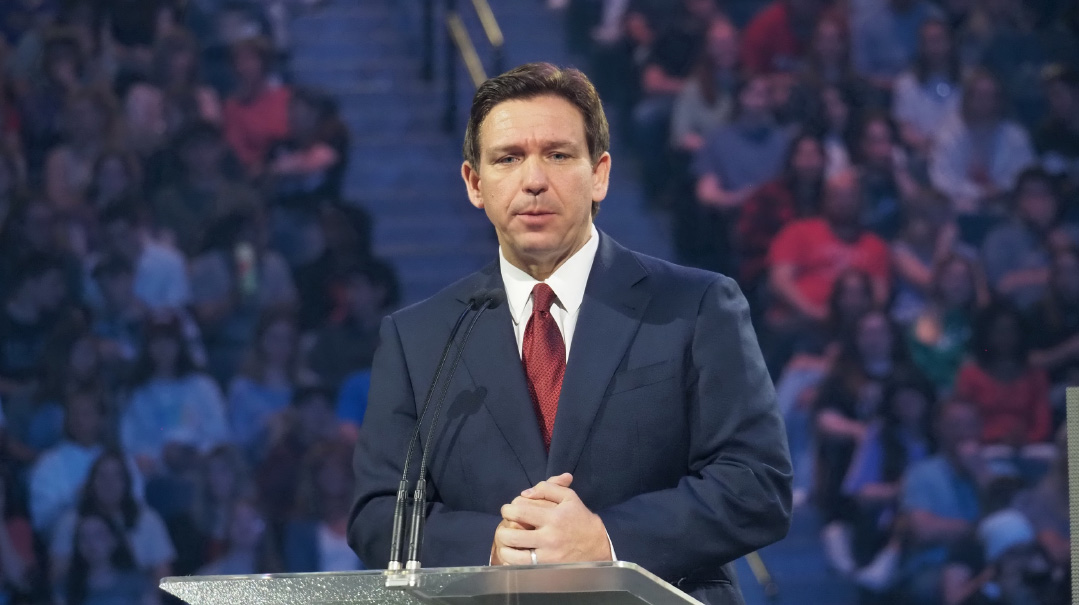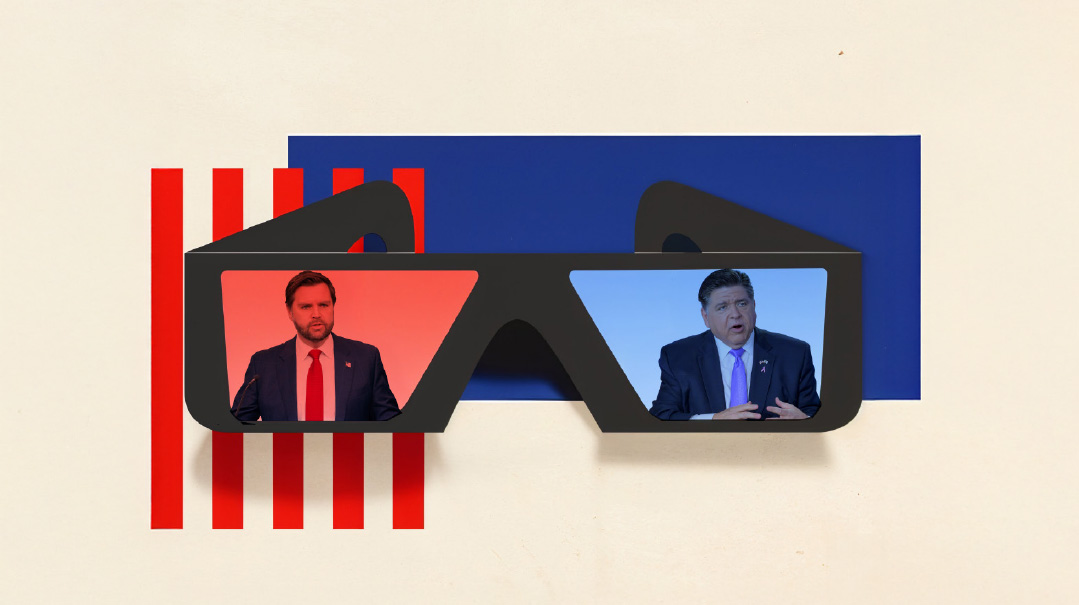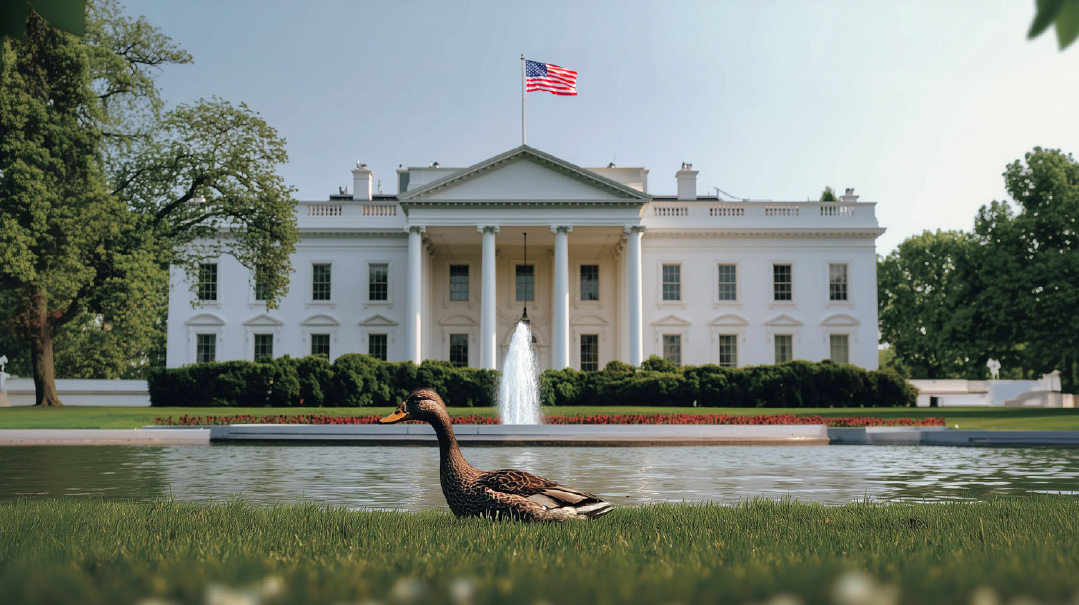Post-Trump, Gaffes Matter Less

Trump has fundamentally changed the game for candidates, and what was considered a “lethal mistake” nearly two decades ago is now quickly forgotten, if noticed at all

IS it over for Ron DeSantis before it’s begun? Are early mistakes killing the GOP candidates challenging Donald Trump?
Florida governor Ron DeSantis launched his campaign on Twitter Spaces with predictable glitches and snafus, in a format foreign to most of the American public. Senator Tim Scott of South Carolina launched his campaign with a loud but awkward cheer that was widely panned as his “Howard Dean moment.” (The Vermont governor’s voice famously cracked during an unscripted scream during a 2004 speech, and his presidential campaign went down in flames not long after.)
How can either of these candidates mount a formidable challenge if this is how they begin? Aren’t first impressions critical?
Those pining for a candidate to take on Trump and beat him have been calling me privately, freaking out and wringing their hands, and conservative media outlets are opining that the race for the 2024 GOP presidential nomination is already over.
This is all silliness.
My prediction is that these launch moments are going to be forgotten, along with many other campaign mishaps in the coming weeks and months. Trump has fundamentally changed the game for candidates, and what was considered a “lethal mistake” nearly two decades ago is now quickly forgotten, if noticed at all.
Most didn’t see Tim Scott’s supposed blunder, because most Americans are streaming 200 other shows, and they were likely not tuned to cable news, where his announcement was carried. Most Americans have half a dozen social media accounts. They either don’t use Twitter at all or they don’t obsess over it the way media people do.
When Richard Nixon delivered his famous “Checkers speech” in 1952, insisting that his only personal use of campaign contributions was keeping a dog given to his family, the audience for his televised address was a then-record 60 million Americans. Social media was a blip on the radar when Howard Dean’s scream torpedoed his campaign.
In today’s environment, attention spans are both shorter and more divided among the many available media options. DeSantis has already proven this point by weathering attacks from Trump and Nikki Haley on his record vis-à-vis Disney before he even entered the race.
To be sure, anti-Trump Republicans have reason to remain nervous. Trump is a model of consistency in the polls. His base of support in the party is estimated at 50 percent, regardless of whatever mistakes he makes. It’s going to be very difficult for DeSantis, Scott, Haley, or any other candidate to chip away at this core of support.
Victory in this race will not be determined by mistakes or daily “who’s up and who’s down” horserace metrics but instead by the candidate who dictates the terms for the fight. I believe that the candidate who declares “this is where we fight” will position him- or herself to win.
In 1896, Democratic presidential nominee William Jennings Bryan announced he would launch a nationwide speaking tour. His opponent, Republican William McKinley, knew he couldn’t match Bryan’s oratory and opted to stay home. McKinley instead conducted a “front porch campaign,” which drew 750,000 visitors to his house, on his terms. The strategy played to McKinley’s strengths and helped him win the race.
Trump has succeeded in the GOP until now because he has set the terms for the fight. In his first campaign and during his first term in the White House, this included his choice of Twitter as the combat arena. Any other Republican candidate hoping to unseat him will have to identify an internal strength that matches up against Trump’s weaknesses and bring the fight to that ground.
This could mean gathering primary voters in new formats never before envisioned, utilizing Trump’s absence from Twitter to build a following, or some other way to declare “This is where I fight,” and to gain ground regardless of campaign errors.
Whether Ron DeSantis, Tim Scott, Nikki Haley, or someone else possesses such a strength — and the political sense to exploit it — remains to be seen. But to judge their campaigns by these early mishaps would be a mistake.
Numbers Game
6
This is the number of times that the composition of the Supreme Court has been changed. With the Court currently earning approval ratings in the low 40s, debate about reforming the institution has led once again to questioning the number of justices.
The Constitution does not specify a number of justices on the Supreme Court. The Judiciary Act of 1789 stipulated that the Court would have a chief justice and five associate justices, totalling six. The Midnight Judges Act of 1801 reduced it to five, but that was negated in 1802 to restore it to six.
Because the judiciary had to increase to keep pace with the growing population, Congress increased the number of justices to seven in 1807, nine in 1837, and ten in 1863. A political compromise restored it to nine in 1869, where it has remained ever since.
That history shows that the composition of the Supreme Court is not set in stone. Calls for change are cyclical, but it’s been over 150 years since anything has actually happened...
2
The number of Democrats who joined a House Republican effort to end the student loan forgiveness program.
The legislation easily passed the House, but now goes to the Senate where its fate remains unclear. Passage will require bipartisan support, but the debate over this bill does not divide neatly along party lines. Liberals have openly opposed aid for K-12 private education but supported student loan forgiveness for those attending Harvard, Yale, and other wealthy private schools. Conservatives have opposed this loan forgiveness while supporting PPP loan forgiveness. When policy meets partisanship, anything can happen.
Overheard on the Hill
On a recent trip to Tallahassee, I met Juan Fernandez-Barquin, who represents Florida’s 119th State House District, and was struck by an unusual sign above his door that read: “Policy Arguments Only!!!”
When I asked him to explain this sign, he responded that it was quite simple. He’ll debate anyone as long as they back up their arguments with facts. If you’re just there to argue your feelings, he’ll politely turn you away.
There’s a massive GOP primary battle coming to Florida, and then likely a grueling general election. This exchange was a reminder that people can still debate civilly and work to accomplish real change, regardless of party.
(Originally featured in Mishpacha, Issue 963)
Oops! We could not locate your form.







